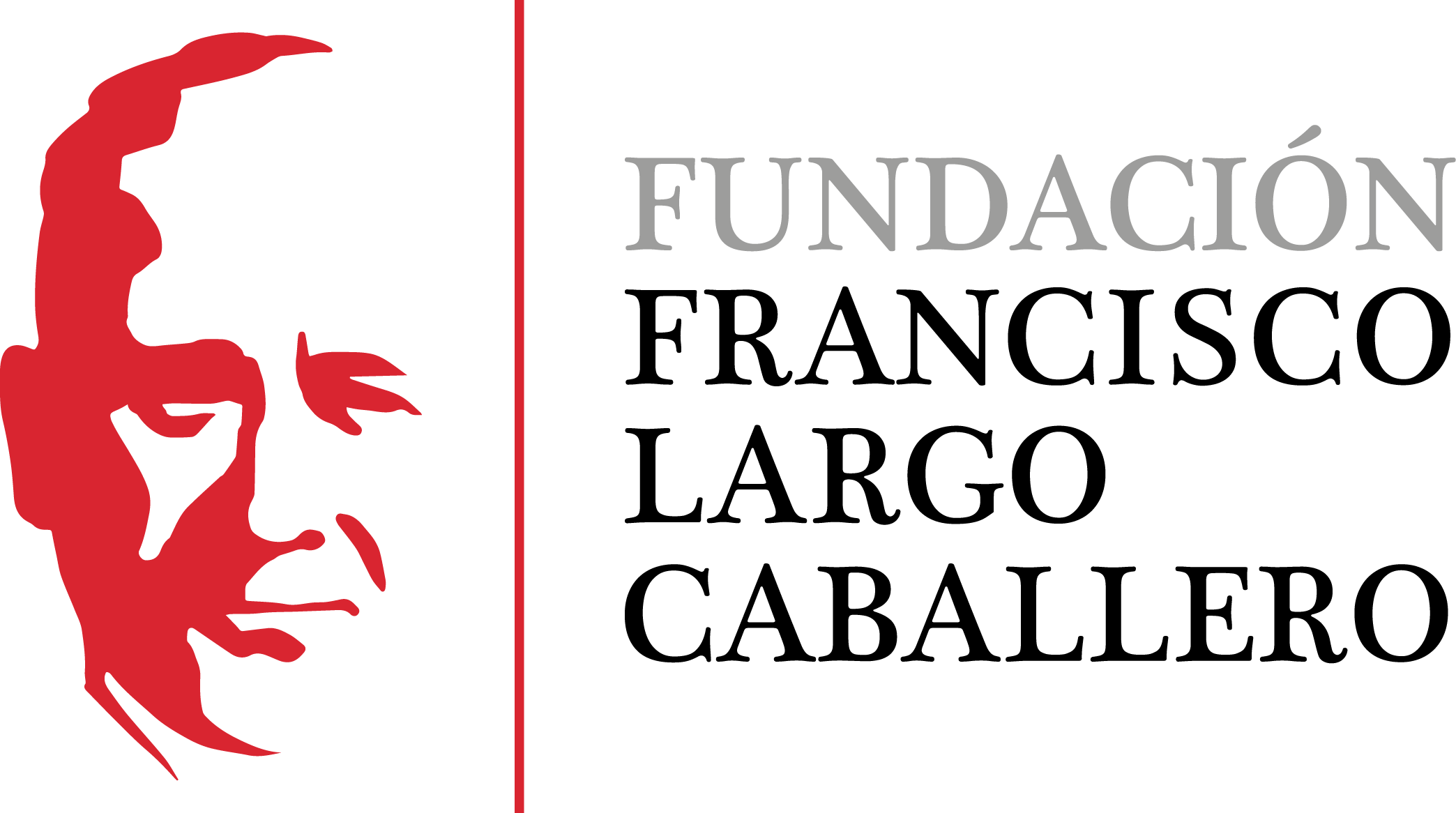Subaltern studies as postcolonial criticism
DOI:
https://doi.org/10.69791/rahc.179Keywords:
Subaltern Studies, the subalterns, history from below, critique of ModernityAbstract
The author maps the principal lines of inquiry pursued by the Subaltern Studies Group and their evolution. The group started with Antonio Gramsci’s concept of the subaltern and sought to rewrite South Asian historiography from the perspective of this subordinated social groups. But the project soon moved away from the «history-from-below» and the work of the group therefore turned to the functioning of dominant discourses of colonialism, nationalism, and modernity and their effects in subordinating other forms of knowledge and human action. These scholars argued that, though suppressed, subaltern agency could be read in the acts of containment and repression exerted against it in the dominant discourses. This concept of subalternity yields a critique of the modern West, which, through colonialism, the nation-state, and the ideology of modernity, has marginalized the «other» as a source of knowledge and historical action. The Subaltern Studies scholars accordingly urge revision of the discipline of history to allow the story to be told from a postcolonial, subaltern perspective.
Downloads
Global Statistics ℹ️
|
238
Views
|
83
Downloads
|
|
321
Total
|
|
Downloads
Published
How to Cite
Issue
Section
License
Copyright (c) 2011 Gyan Prakash

This work is licensed under a Creative Commons Attribution 4.0 International License.
Alcores is an open-access journal. It provides unrestricted access to its content from the moment of publication. We respect intellectual property rights, and for this reason, the author retains the copyright. All content is distributed under a Creative Commons Attribution 4.0 International (CC BY 4.0) license. The terms of the license can be consulted at: https://creativecommons.org/licenses/by/4.0/
This license allows sharing (copying and redistributing the material in any medium or format) and adapting (remixing, transforming, and building upon the material for any purpose), provided that authorship and first publication in this journal are properly credited, a link to the license is included, and any changes made are indicated.
This type of license facilitates the freedom of reuse and ensures that the content of this journal can be used to meet research needs.









